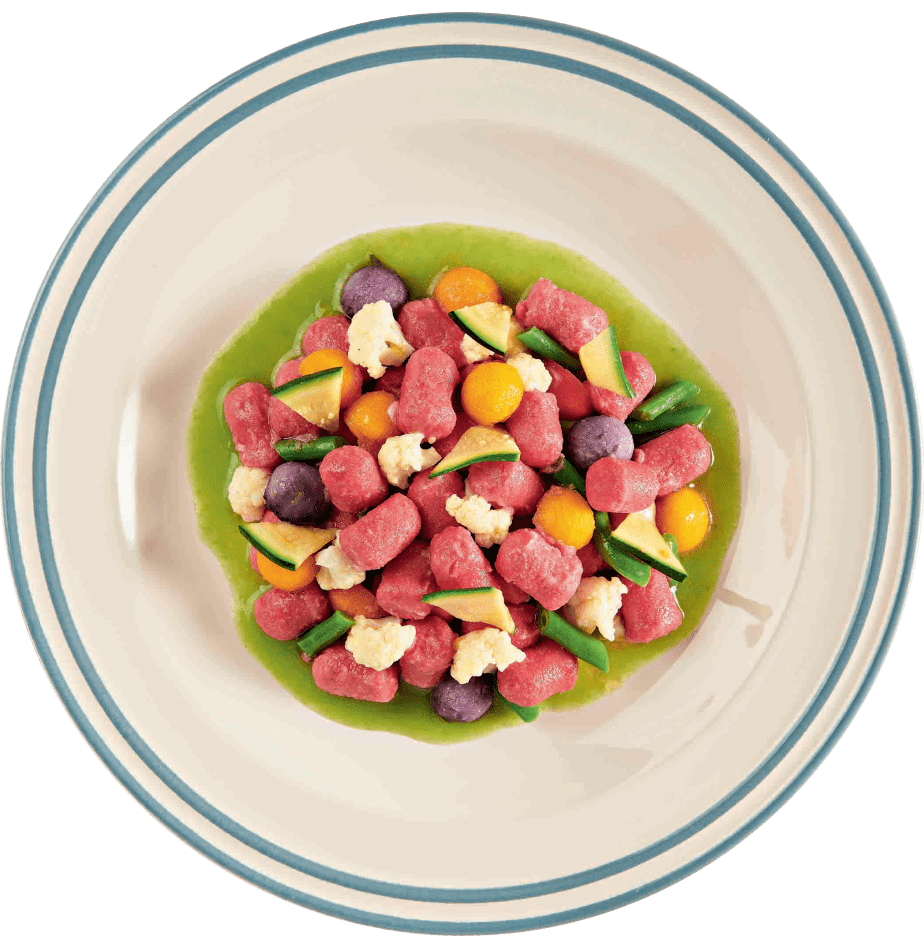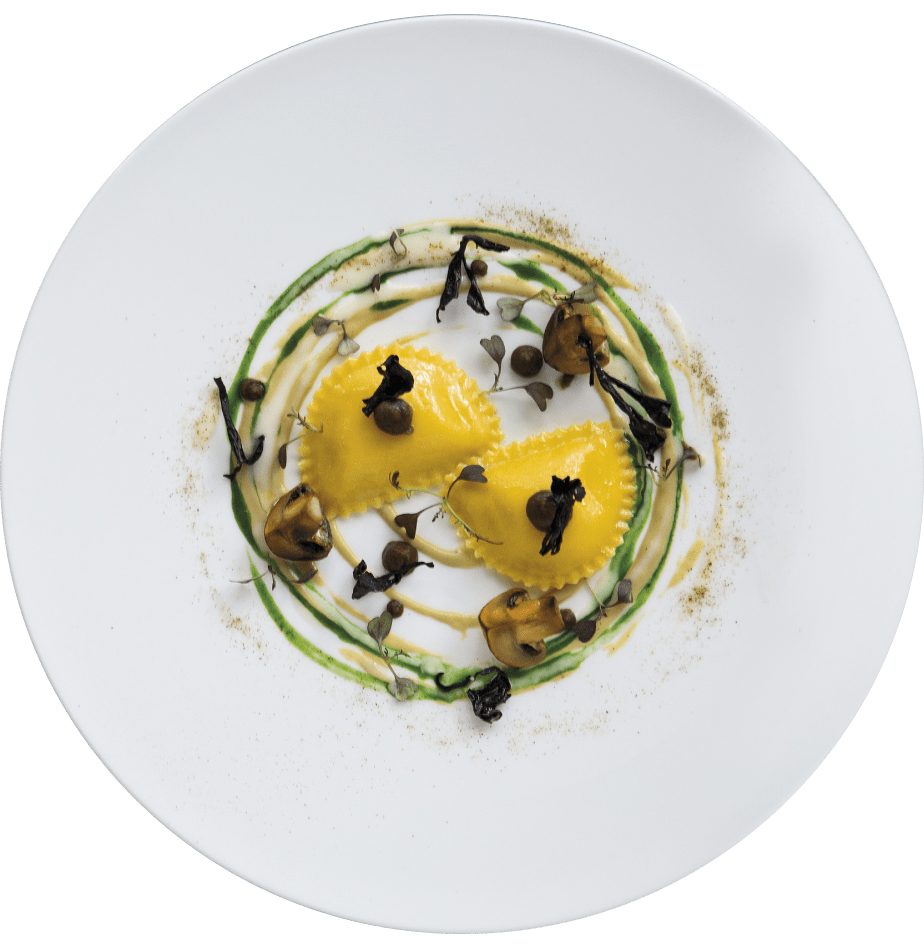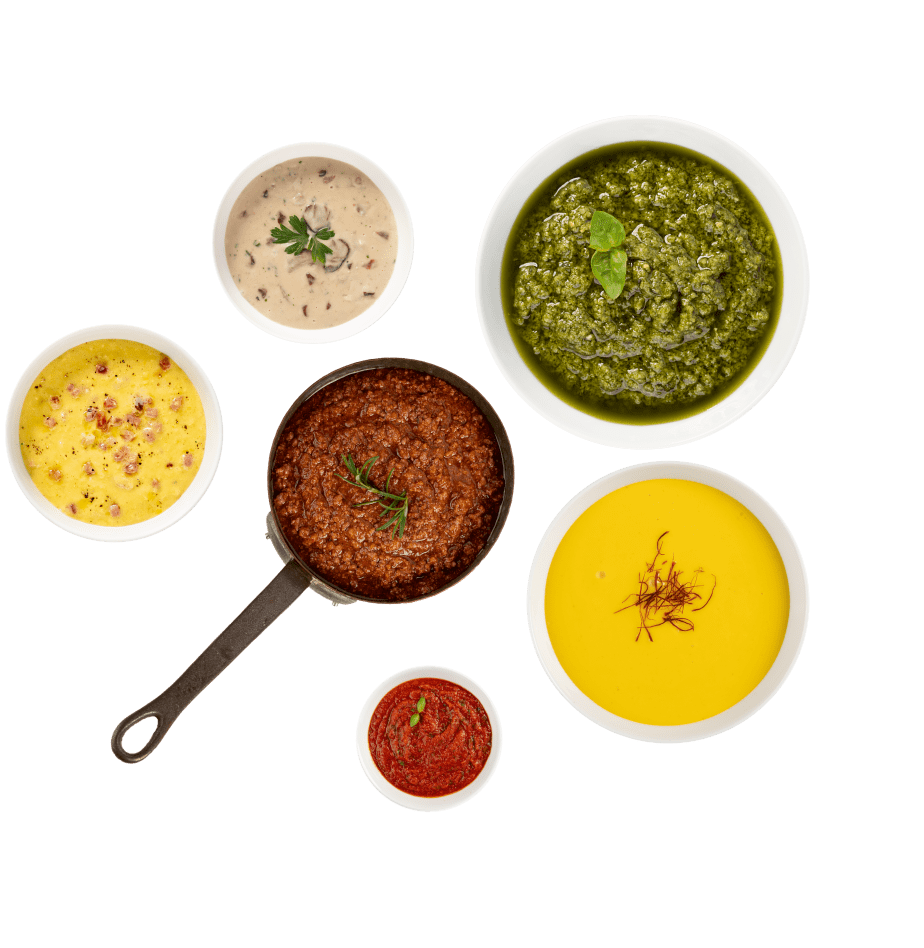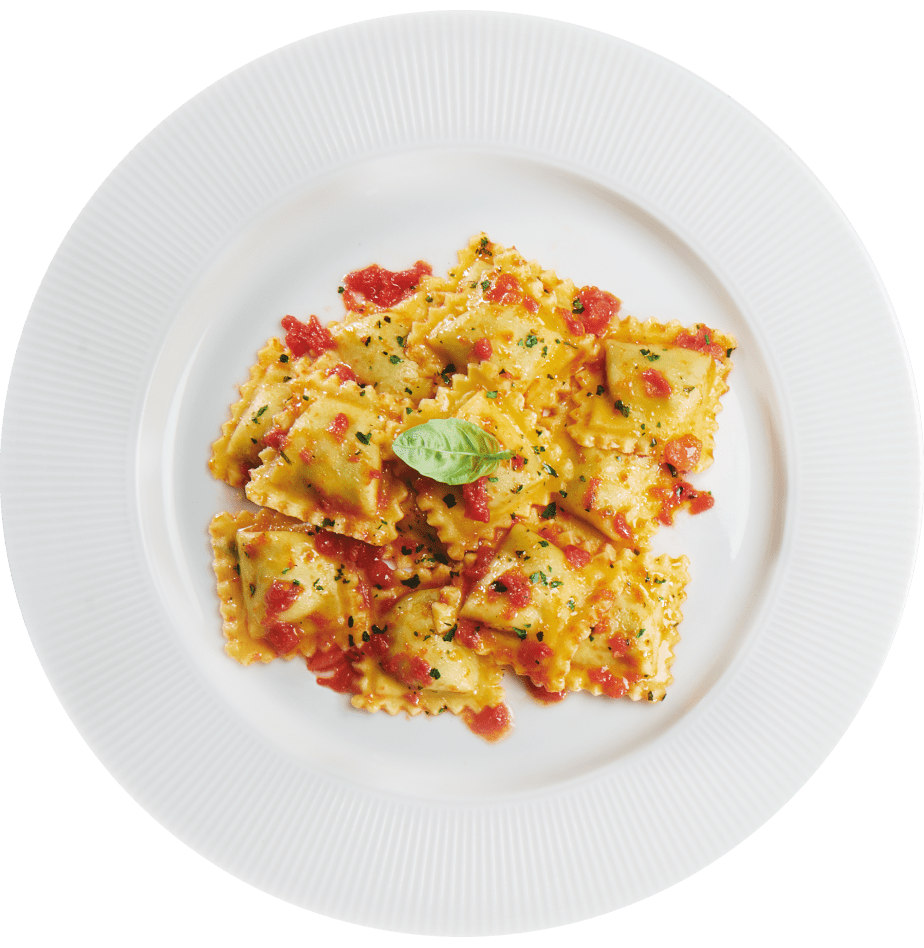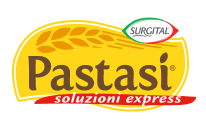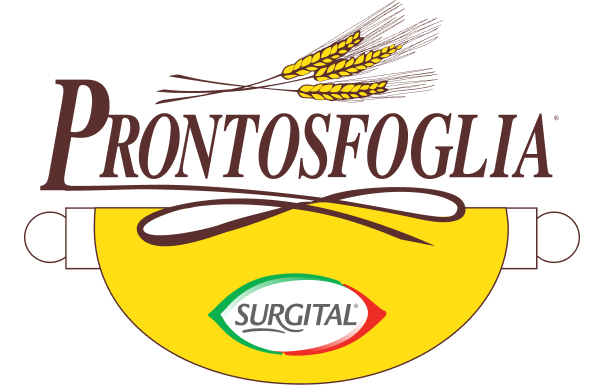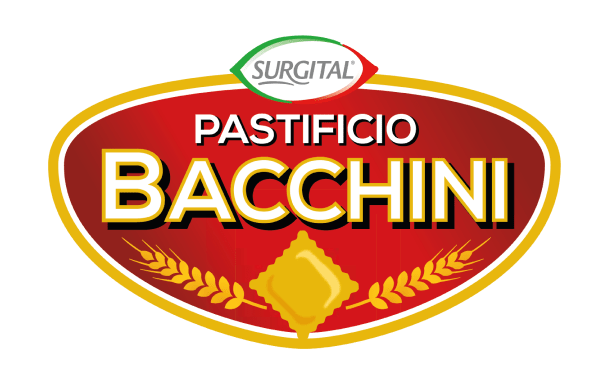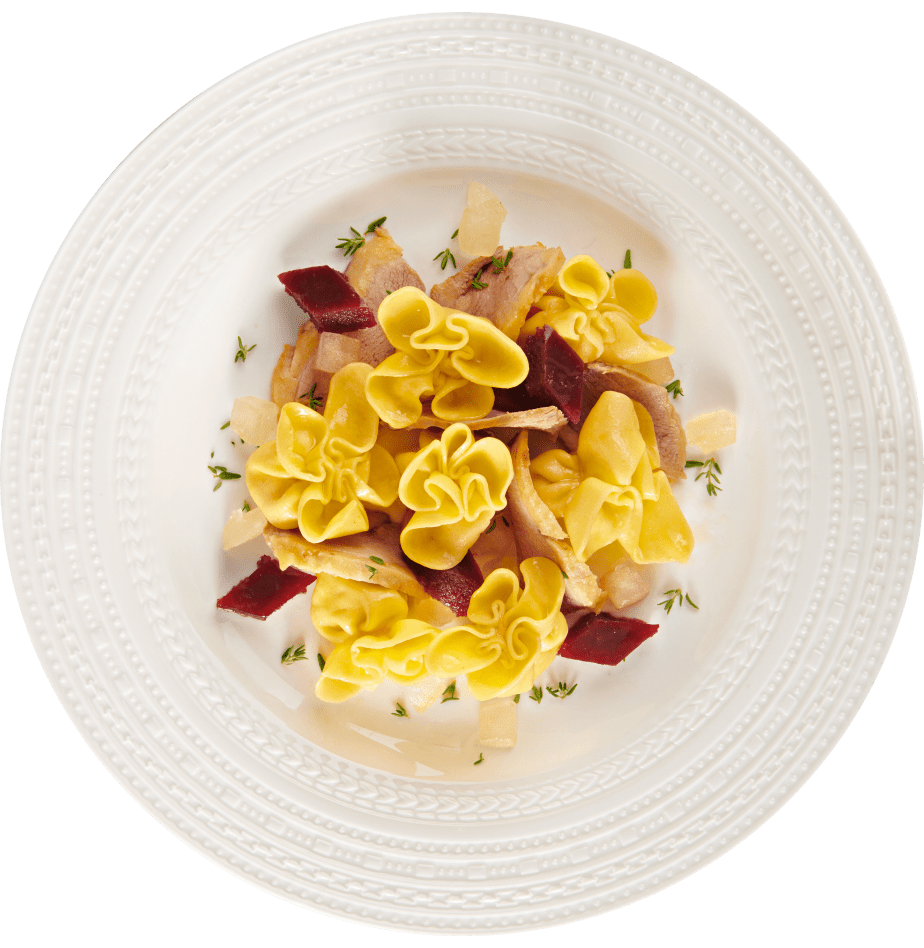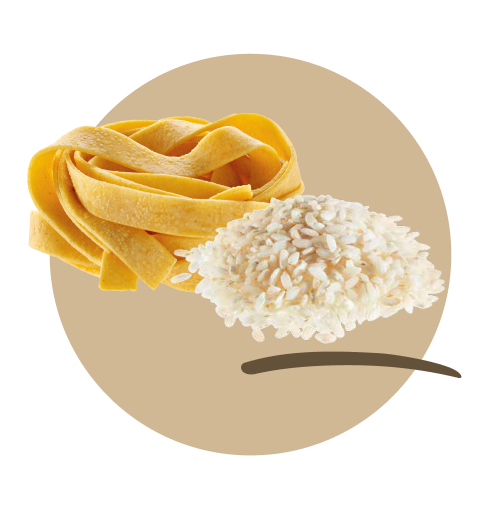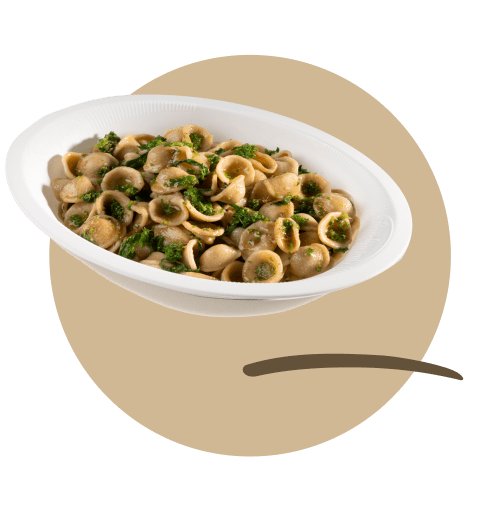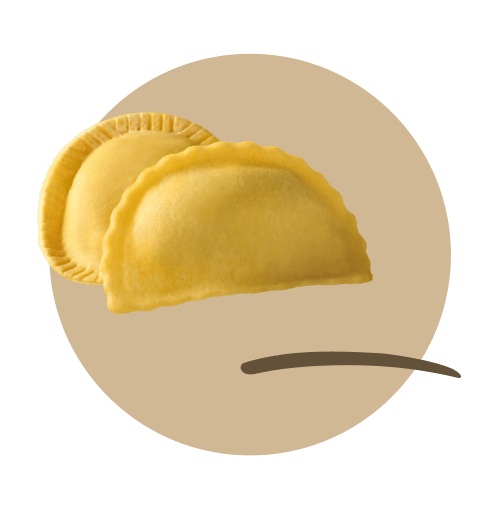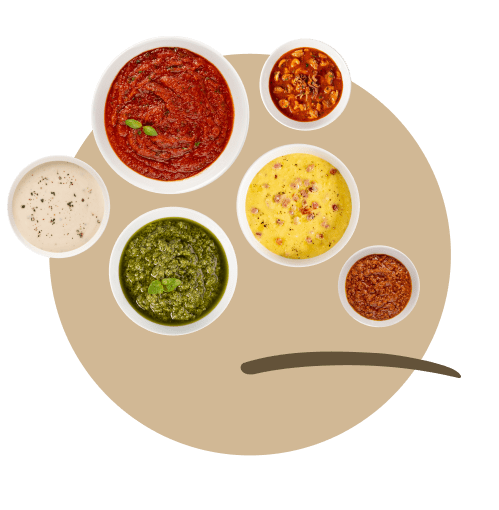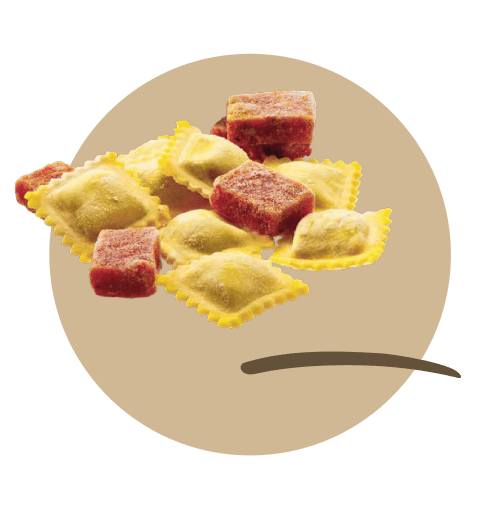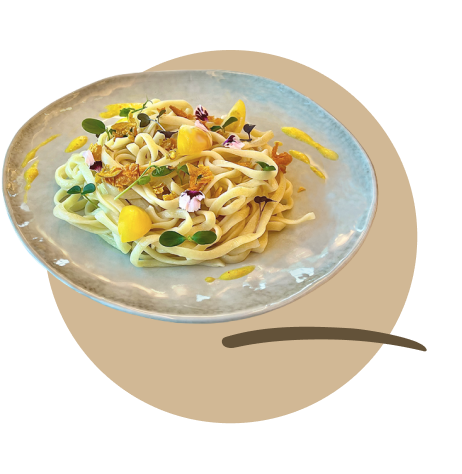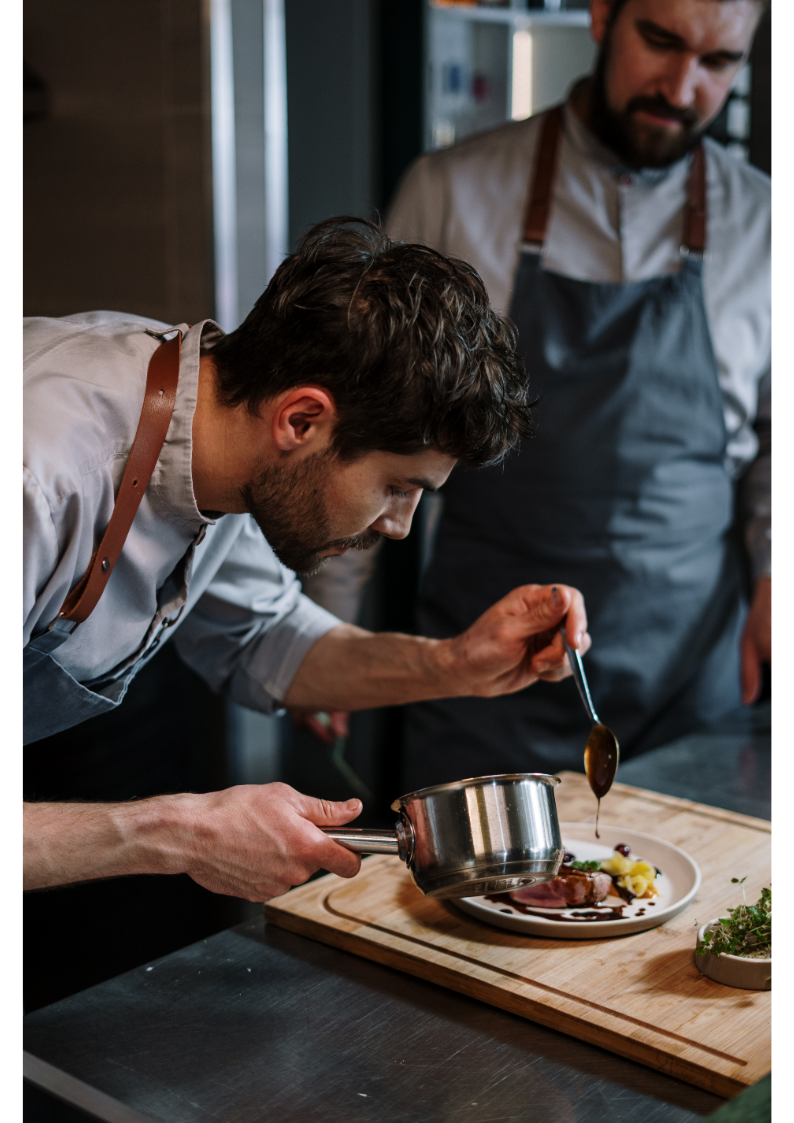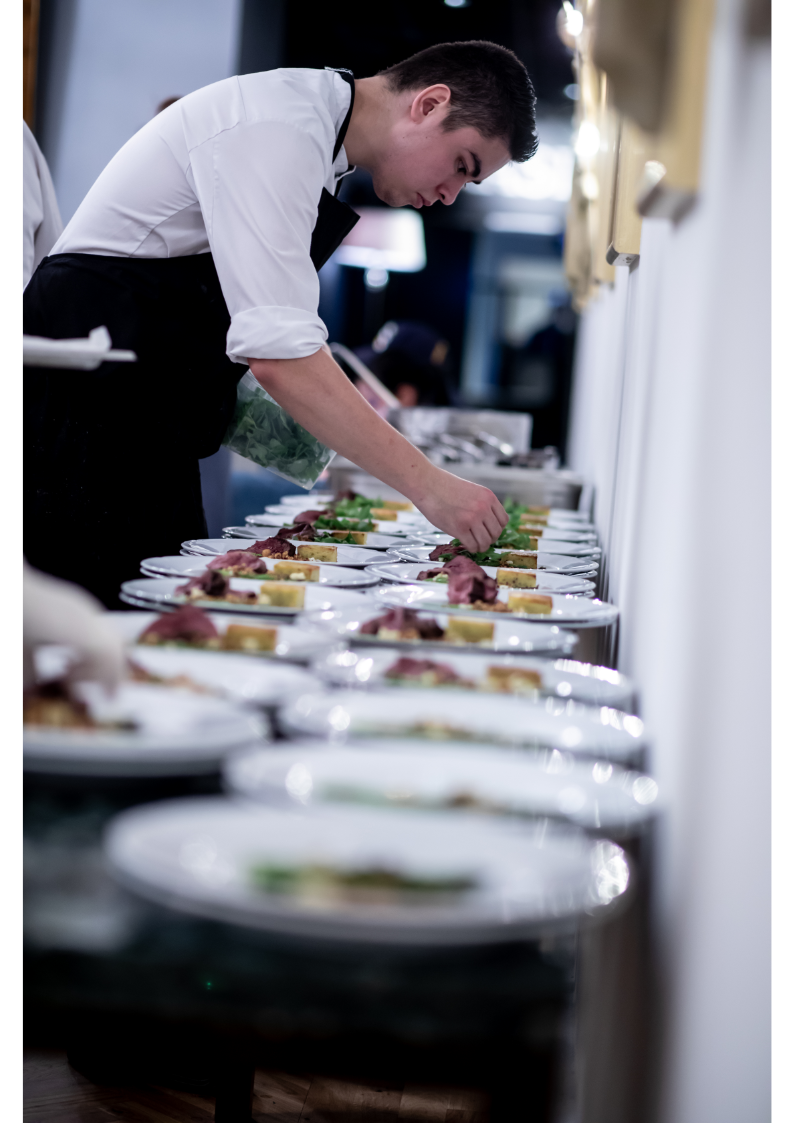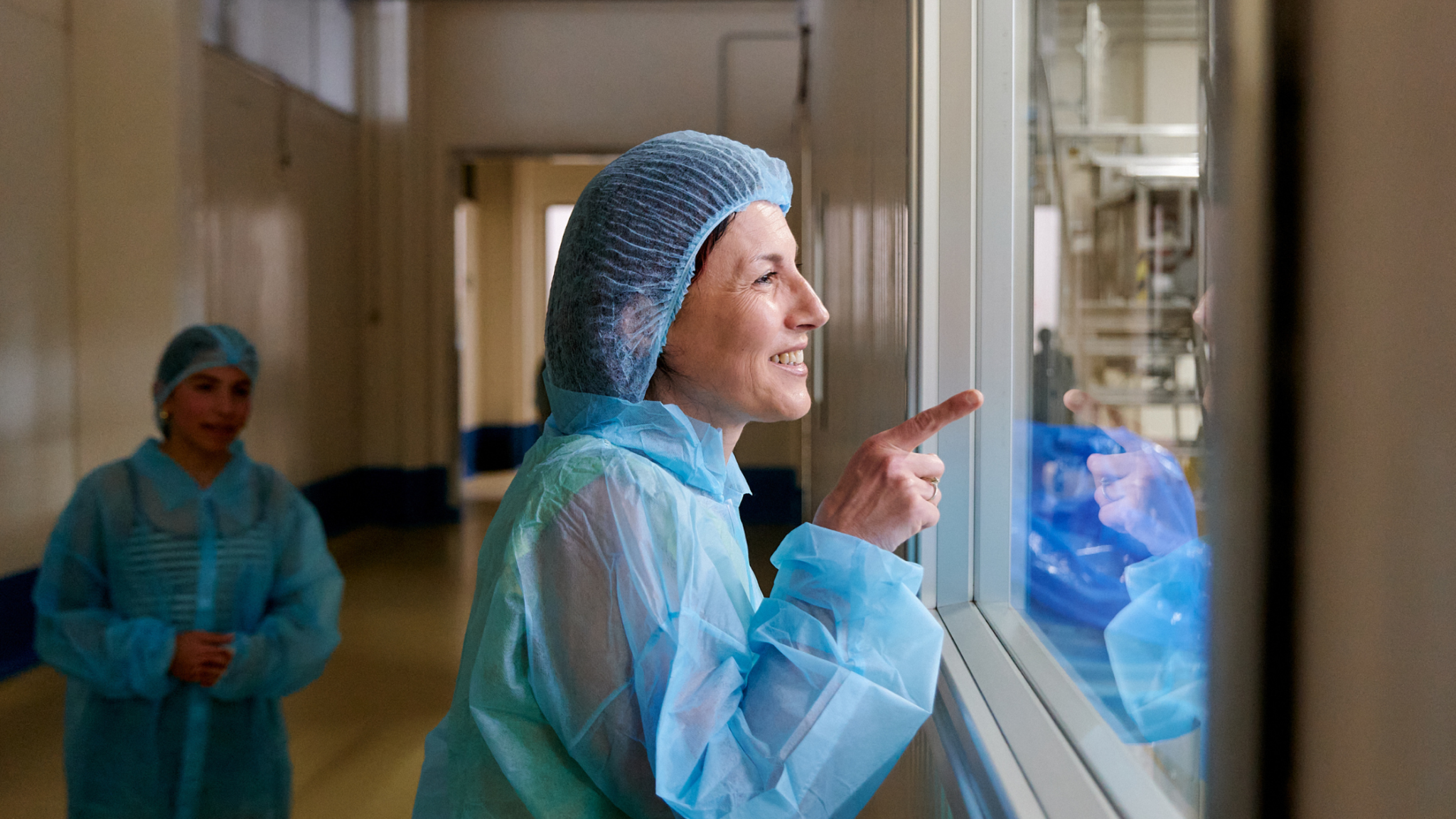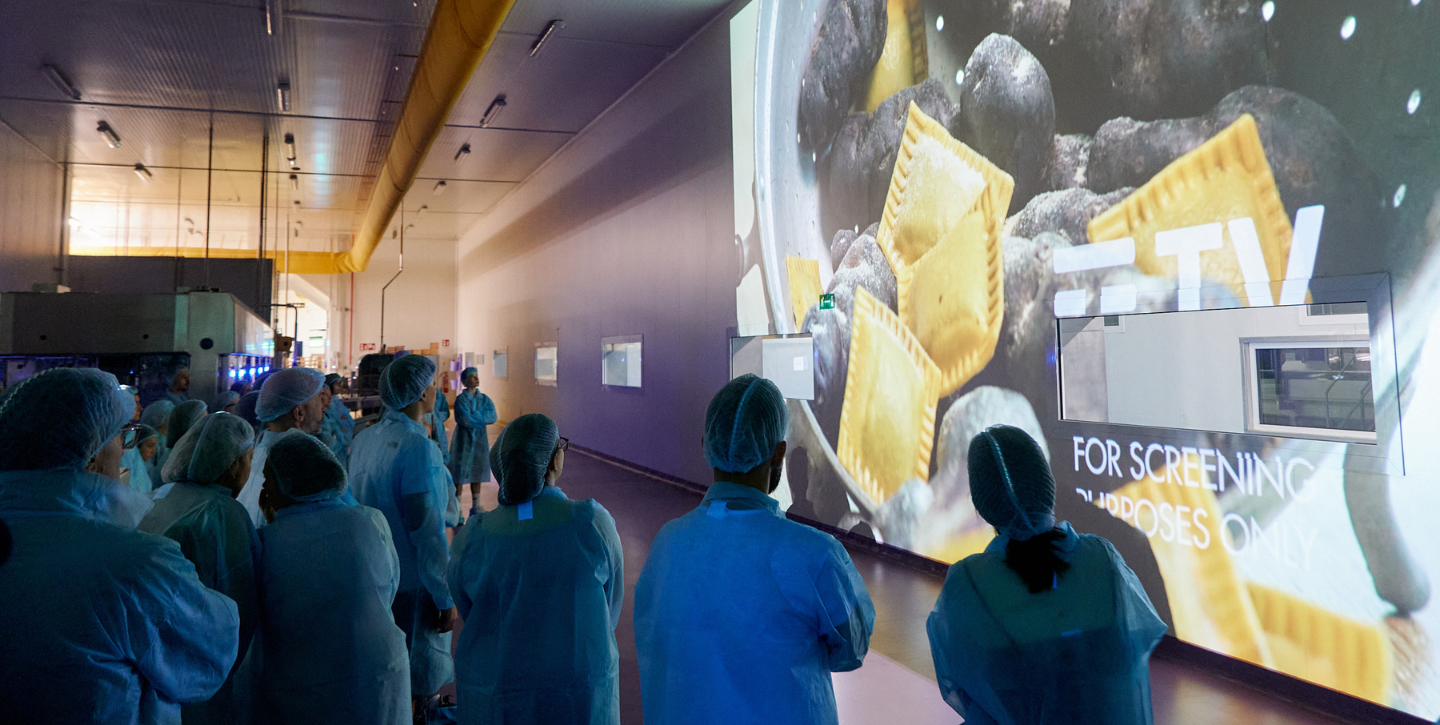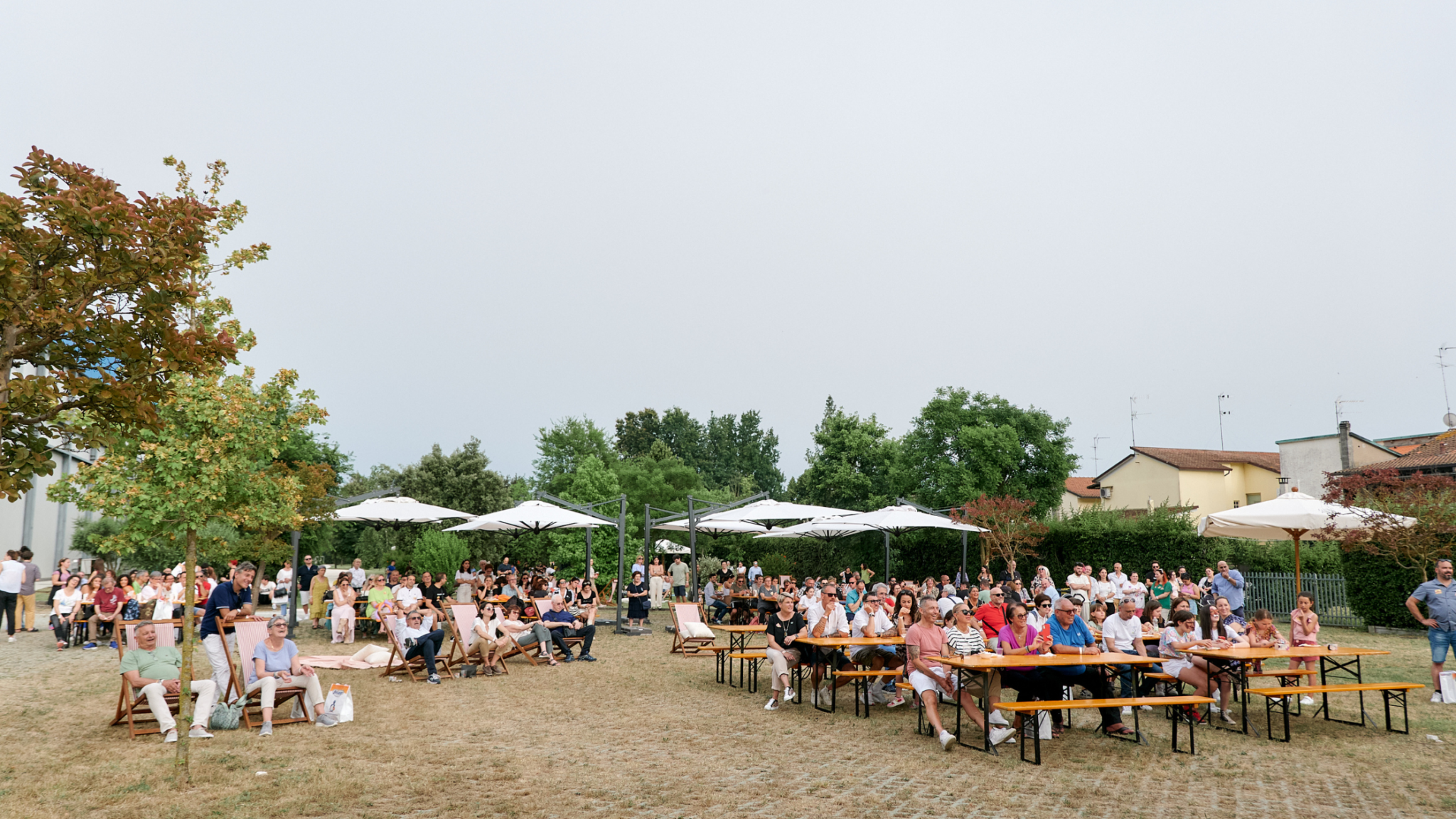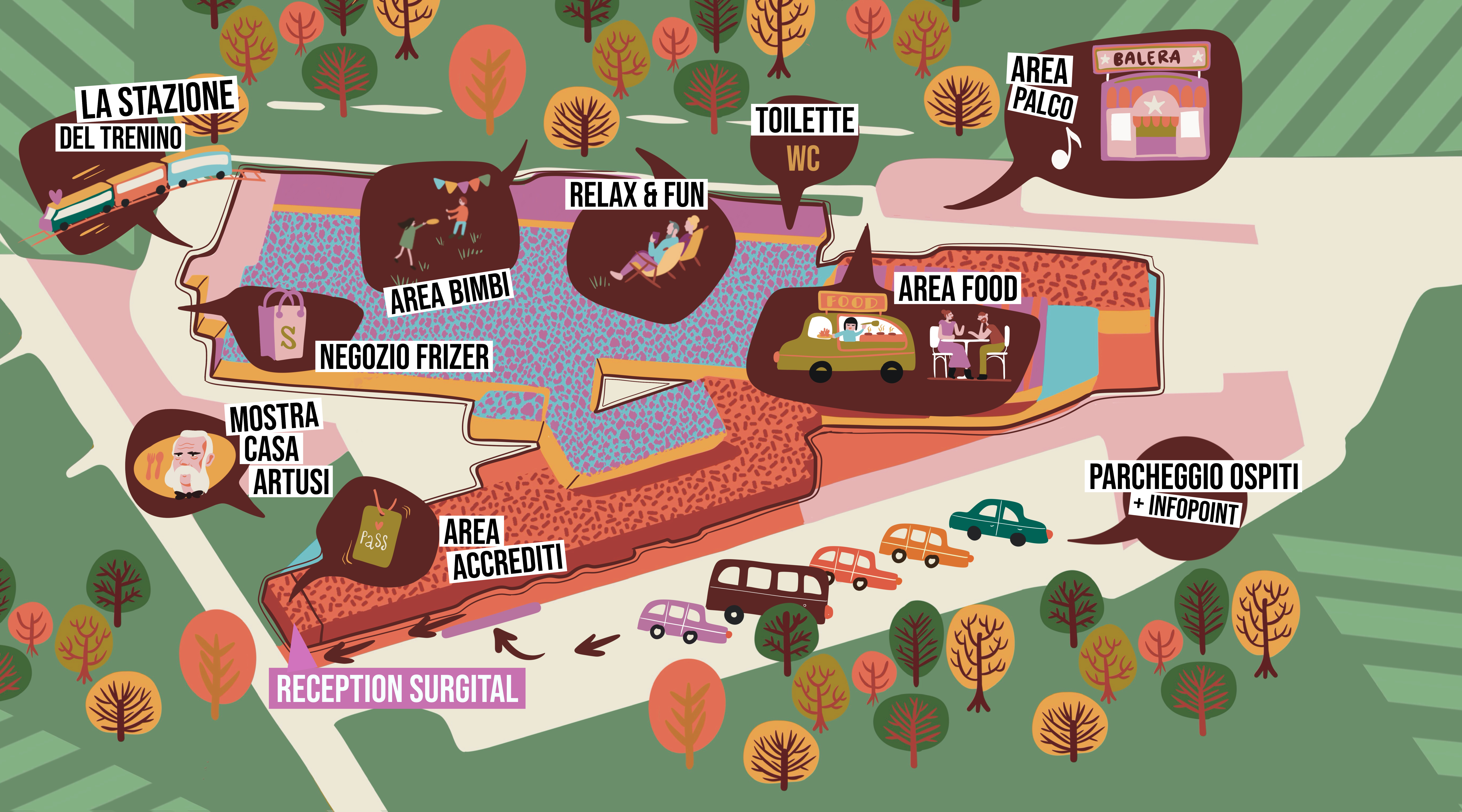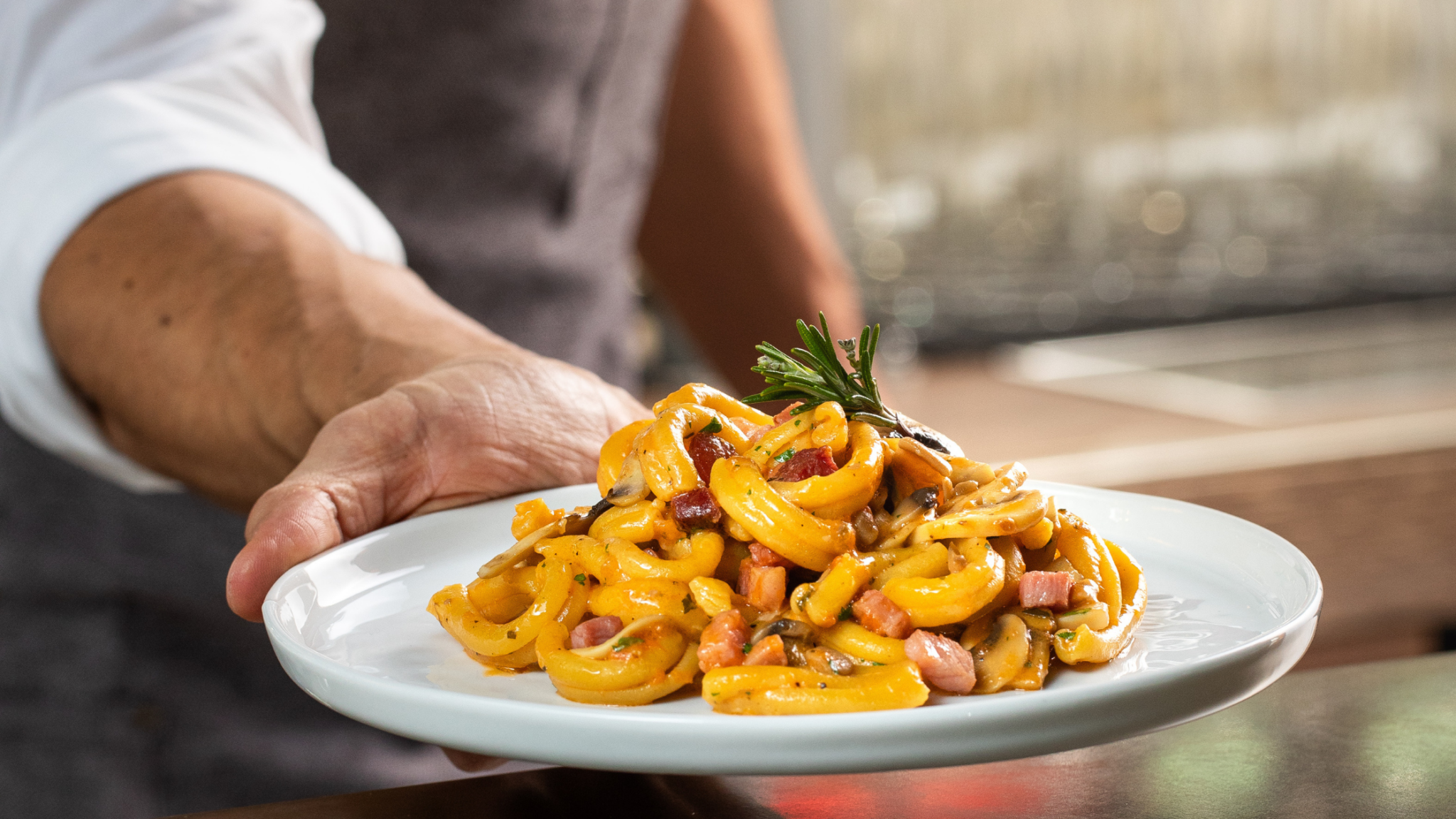Studying to be a chef: talent and hard work
1 November 2023
It is one of the most fascinating professions for our young people. But how do you become a chef? From high school to the most prestigious master’s courses, the road is long, but full of stimulation and satisfaction. Especially in Italy, where the advanced training is among the most respected in the world
“The title of MasterChef 2023 goes to……”. I mean, who hasn’t seen at least one episode of the most watched culinary talent show on TV? And we’re there cheering on the youngest guy, or the most sympathetic mum, the comedian, the shy one.
Without giving too much weight to the format, which, as we know, also depends on the audience, the person who reaches the end always has something special. Talent? Of course, but certainly also a great deal of studying. Because becoming a chef is not for everyone.
The list of characteristics that define a chef is truly extensive: first of all, creativity, to create new dishes and keep in step with clients’ changes in tastes and habits; technical expertise, to perfectly master working with food; precision, to pay attention to every detail of the preparation and presentation of dishes; speed, organisation, cleanliness. But there are also other skills needed, such as knowing how to coordinate the kitchen team, and often the waiting staff too, knowing how to develop a menu and set prices, being able to work under stress. Added to all this are other important managerial skills, such as the ability to manage supplies, with the related costs, staying up-to-date on hygiene and sanitation regulations, knowing other languages (well), and especially good leadership skills, without which it would be impossible achieve any level of results or success in the kitchen.
In short, the chef is number one in the kitchen, although being a leader is actually more complicated. Maybe reaching the position of number one is possible, but being recognised for it is more rare. Just think of the famous kitchen “team” that we so often hear about, where everyone has a different assigned task, and all the work must fit together perfectly. Who, if not a true leader, would be able to organise the work of cooks, sous-chefs, line cooks, commis, demi-chefs, pastry chefs, pizza makers, sommeliers, head waiters…? Where on top of all this, there is limited space to move around and time is always extremely tight?
If we haven’t yet discouraged you, but on the contrary made you more interested, in Italy there are primarily two routes to becoming a chef: attending a hotel school or a professional institute for food, wine and hospitality, or studying for a bachelor’s degree or a master’s degree in food science at a university. Higher education institutes often last for five years, allowing students to receive a diploma equivalent to the high school diploma, and include vocational subjects such as cooking, pastry-making, economics and business management. As well as the basic subjects, university courses also go into more depth on topics such as food science, food safety and managerial organisation. With this professional qualification, it is then possible, through selections or direct applications, to access various different master’s degrees.
Some of the most prestigious hotel schools, professional institutes and academies in Italy, where we have some of the most respected training in the world for those who want to embark on a career as a chef, are: the Food Genius Academy in Milan, which offers a Bachelor’s Degree in Culinary Arts & Food Service Management to train new kitchen managers; the Università del Gusto, university of taste, in Vicenza, which offers specialised training in pastry-making for the catering sector; the Master della Cucina Italiana, master of Italian cooking, which is not just a school, but a professional cooking academy, considering the more than thirty Michelin-starred chefs teaching there; the Scuola di Arte Culinaria Cordon Bleu, Cordon Bleu school of culinary arts, in Florence, which boasts the title as the oldest culinary academy in Tuscany that is still active; the Università di scienze gastronomiche, the university of food science, in Pollenzo, in the province of Cuneo, which, along with traditional courses, also offers many amateur-level courses for all cooking enthusiasts; and the Coquis Ateneo della Cucina Italiana, Coquis academy of Italian cuisine, in Rome, which offers professional courses in cooking, pastry-making, service and management to train top professionals in the sector. And, of course, founded by the great Gualtiero Marchesi, there is the famous Alma Academy, the most influential training centre for Italian cooking at an international level, based in the splendid Ducal Palace of Colorno, in the province of Parma.
Finally, for those who want to specialise in the art of pizza, there is the Associazione Pizza Verace Napoletana, Verace Napoletana pizza association, which has schools and courses for professionals all around the world.
It goes without saying that for anyone who wants to embark on this career, it is fundamental to support your studies with solid practical experience, through internships and apprenticeships at restaurants, hotels and in professional kitchens. This real experience in the field is considered to be indispensable to refine your technical and management skills. Nonetheless, those who want to take on this career should never abandon their studies.
Talent is vital, but hard work is too. And you also need great sensitivity towards people, as well as respect for the materials and the land. That is to say that the heart of a chef’s work is never simply food, but a journey that knows no bounds, as one of the most famous Italian chefs in the world, Carlo Cracco, tells us:
“I am essentially a cook – I spend sixteen hours a day in here. Cooking is an act of love, because you do it for others. This is also true of chefs: the level of difficulty changes, but not the act. The difficult thing is to understand the client, get to know them based on intuition when they sit down, and decide after a few words what they will like or not. I feel I am part psychologist and part alchemist. In Italy, we have the immense fortune of having raw materials and tradition – if you don’t eat well, it is always the fault of someone who doesn’t know how to cook, never the food.” (by Maurizio Crosetti, “Un alchimista ai fornelli”, an alchemist at the stove, Repubblica)

